
Find Help
More Items From Ergsy search
-
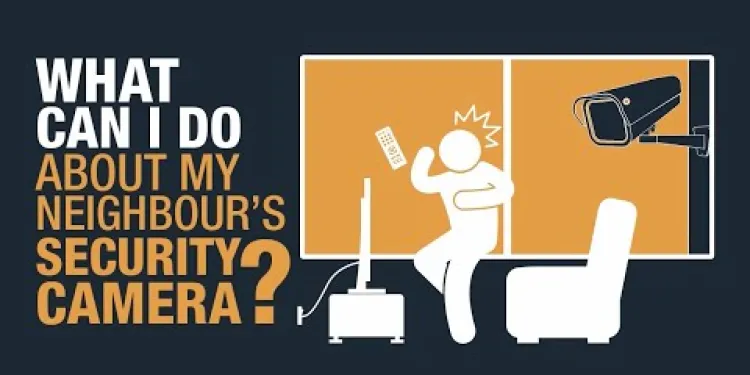
What can I do about my neighbour's security camera?
Relevance: 100%
-

Can I ask my neighbour to reposition their security camera?
Relevance: 99%
-

What can I do about my neighbour's security camera?
Relevance: 97%
-

Is it legal for me to block the view of my neighbour's security camera?
Relevance: 97%
-
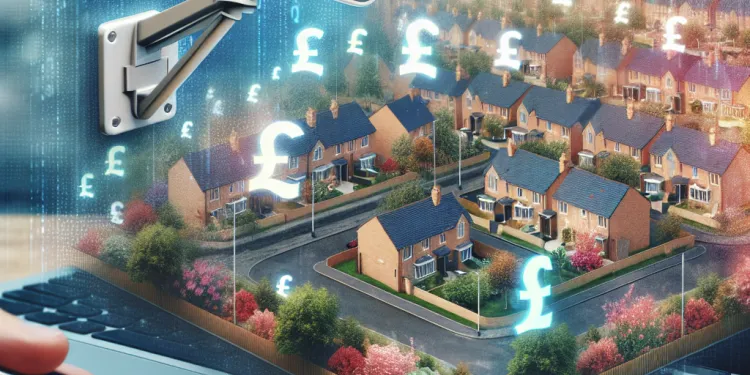
Is it legal for my neighbor to have a security camera facing my property?
Relevance: 93%
-
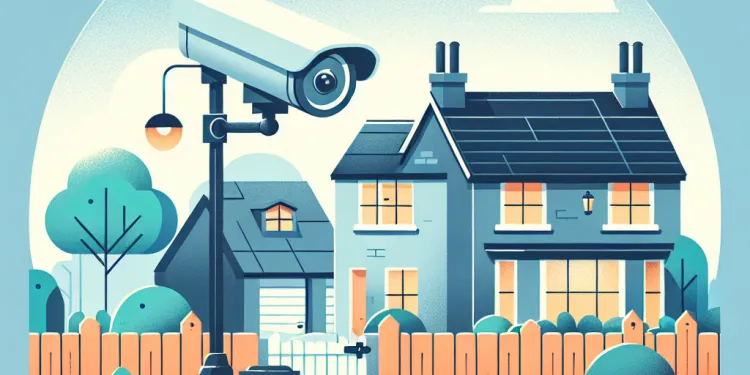
Can my neighbour legally point a security camera at my property?
Relevance: 93%
-
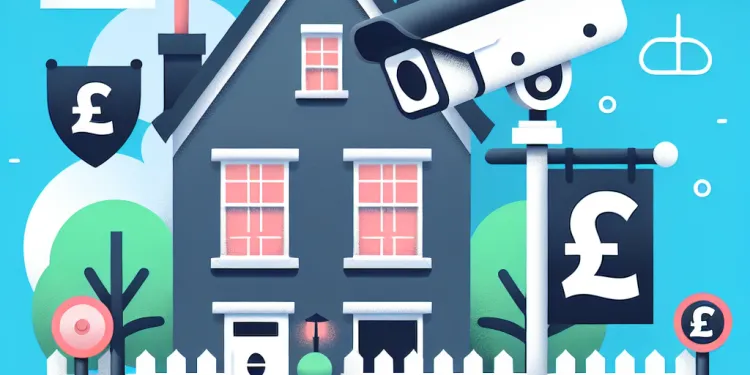
What steps can I take if my neighbour refuses to reposition their security camera?
Relevance: 93%
-
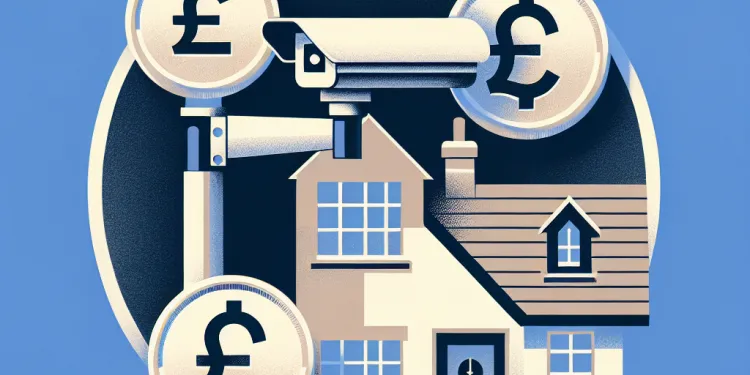
What if my neighbor claims the camera is for security but it points towards my property?
Relevance: 90%
-
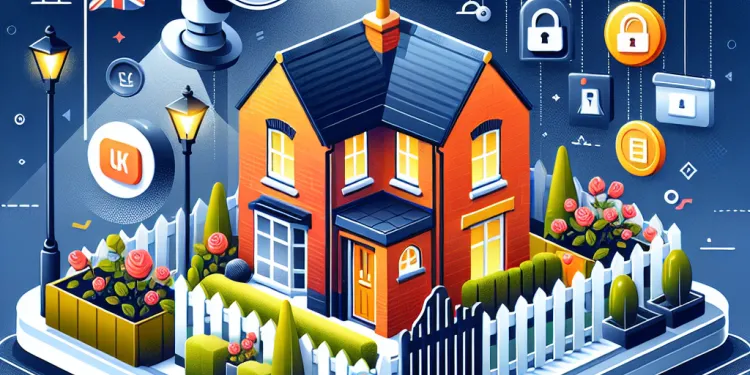
How can I stop my neighbour's security camera pointing at my property?
Relevance: 90%
-

How can I disable my neighbour's security camera?
Relevance: 90%
-
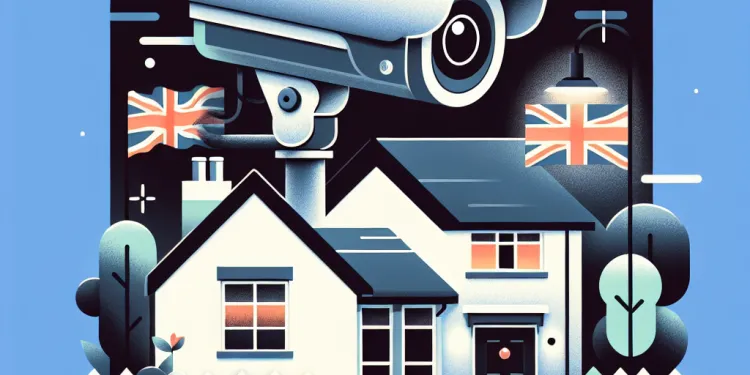
What should I do first if my neighbor's security camera is pointed at my property?
Relevance: 87%
-
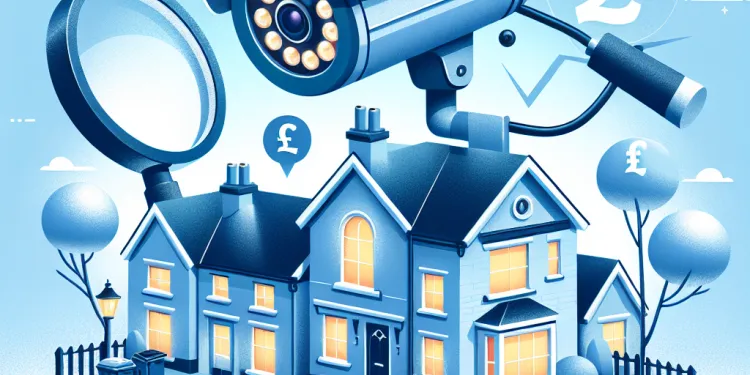
Can my neighbour use footage from their security camera as evidence in disputes?
Relevance: 80%
-
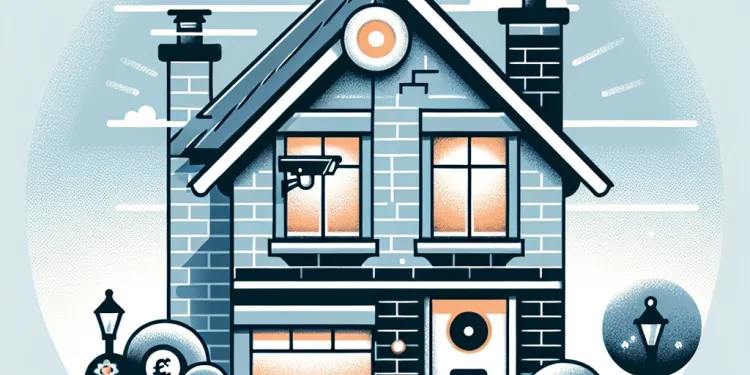
Do neighbours need to inform me if their cameras record my property?
Relevance: 77%
-

Are there privacy laws that protect me from neighbor's cameras?
Relevance: 77%
-

Can I block the view of my neighbor's camera with physical barriers?
Relevance: 73%
-

How can I tell if a security camera is pointing at my property?
Relevance: 72%
-
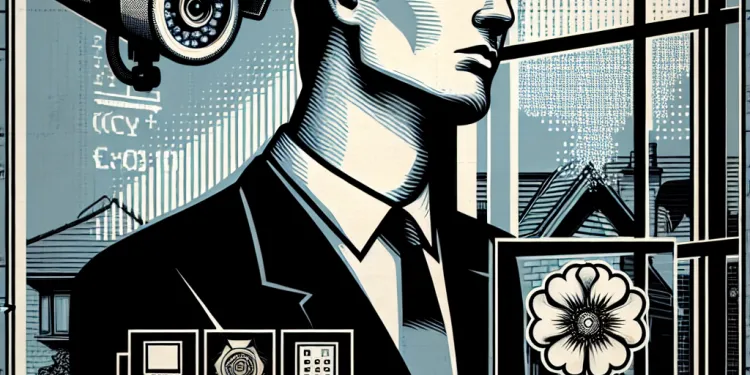
Should I contact the authorities if my neighbor refuses to adjust their camera?
Relevance: 72%
-
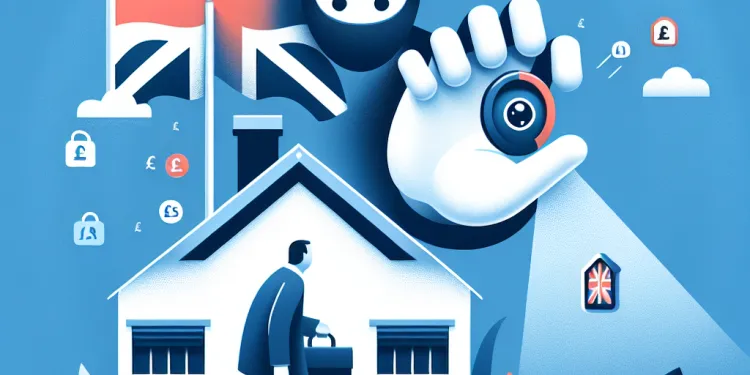
Can I ask for legal help to get my neighbor’s camera moved?
Relevance: 71%
-
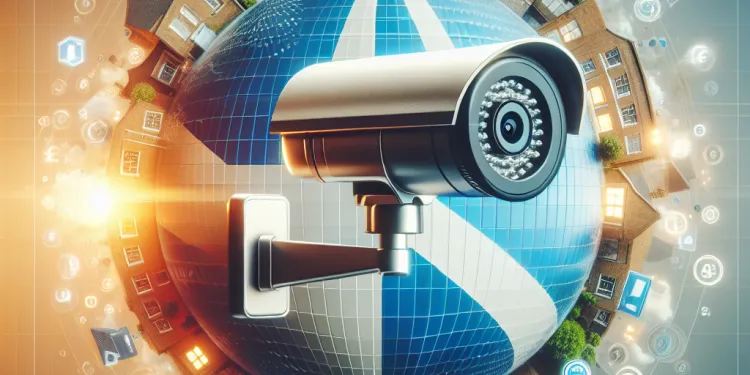
Is redirecting a security camera a solution?
Relevance: 71%
-

How secure is the Ring Doorbell Camera system?
Relevance: 62%
-
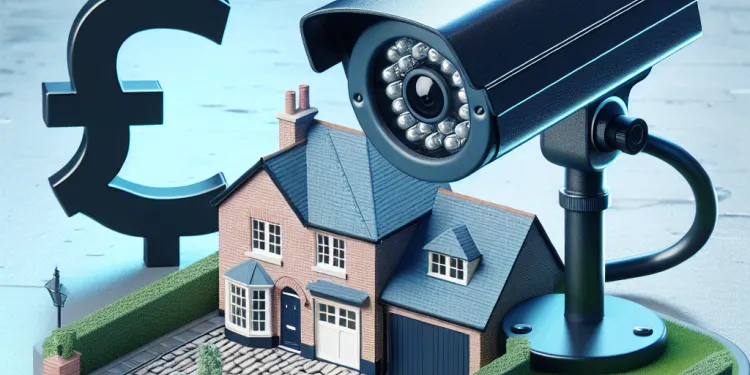
Is my concern valid if the camera is only monitoring my driveway?
Relevance: 62%
-
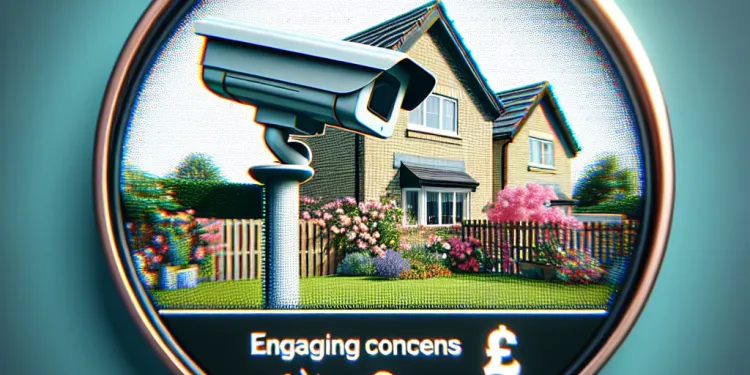
What should I do if I feel my privacy is being invaded by my neighbour's CCTV?
Relevance: 56%
-
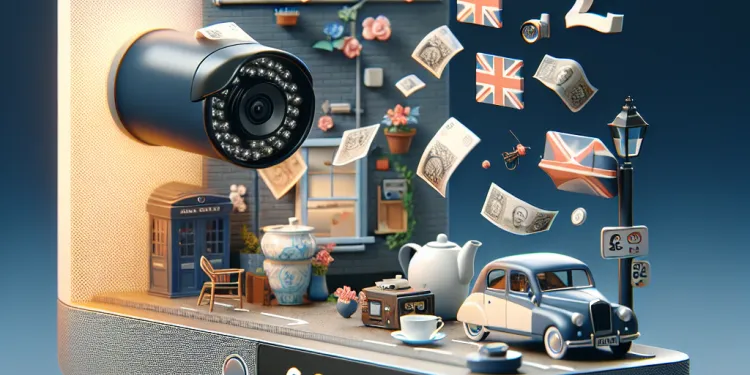
Can I install my own camera to monitor the area in question?
Relevance: 53%
-

Is it advisable to discuss camera placement before it becomes an issue?
Relevance: 50%
-

What laws apply to the use of security cameras in the UK?
Relevance: 49%
-
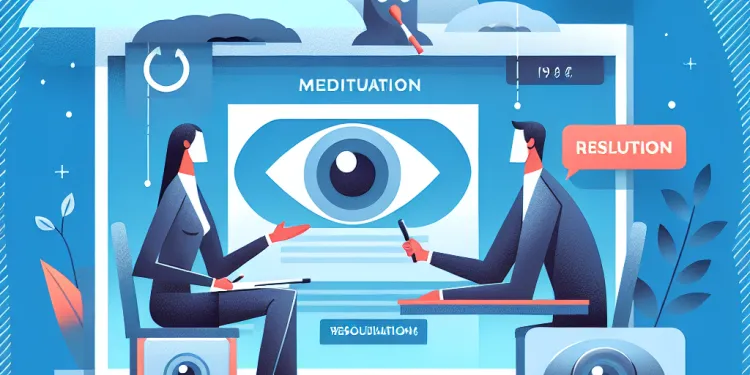
Are there any mediation services for resolving disputes over security cameras?
Relevance: 48%
-
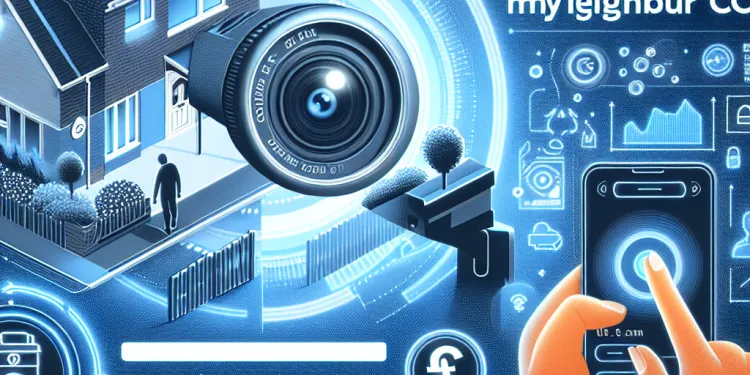
Can I request footage of myself from my neighbour's CCTV?
Relevance: 45%
-

What is my neighbour required to do under GDPR?
Relevance: 45%
-

Can technology help in blocking the camera's view?
Relevance: 45%
-
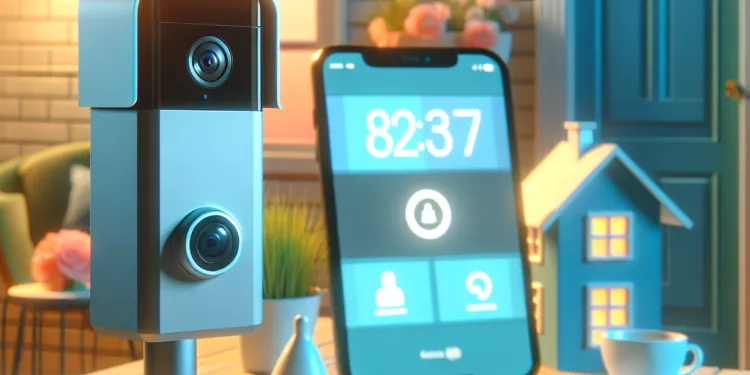
What happens if my Ring Doorbell Camera is stolen?
Relevance: 44%
-
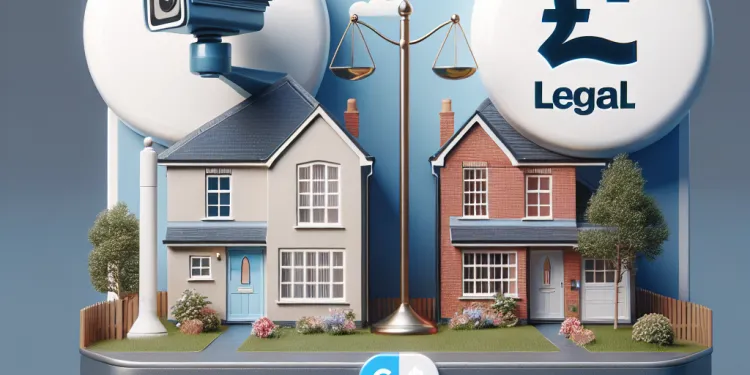
Can the police access my neighbour’s CCTV footage without consent?
Relevance: 44%
-

How do Ring Doorbell Cameras work?
Relevance: 43%
-

Is the video quality of a Ring Doorbell Camera good?
Relevance: 42%
-
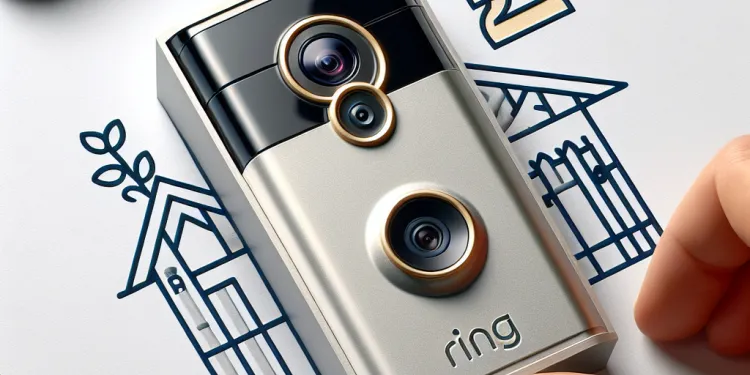
What is a Ring Doorbell Camera?
Relevance: 42%
-

What kind of notifications do Ring Doorbell Cameras provide?
Relevance: 42%
-
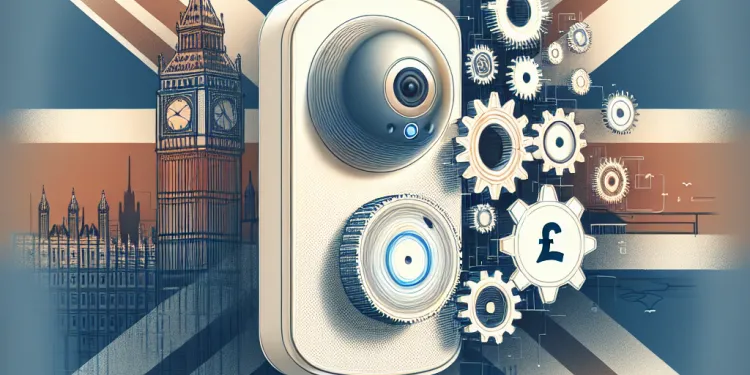
Can I customize motion detection on my Ring Doorbell Camera?
Relevance: 41%
-

Are there grants specifically for individuals with disabilities?
Relevance: 41%
-

Is it necessary to check on neighbors during a heatwave?
Relevance: 41%
-
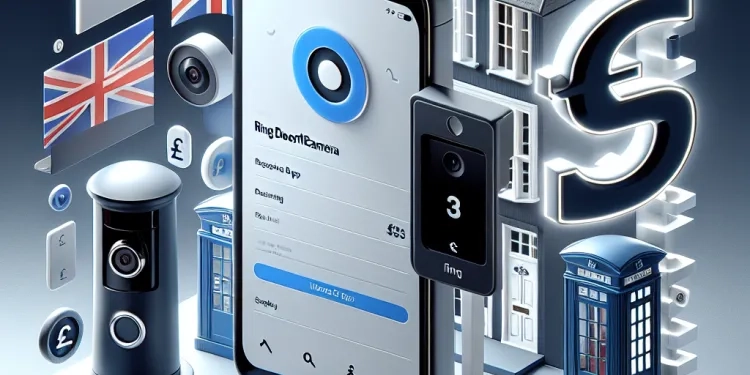
Is the Ring app necessary for using a Ring Doorbell Camera?
Relevance: 40%
-
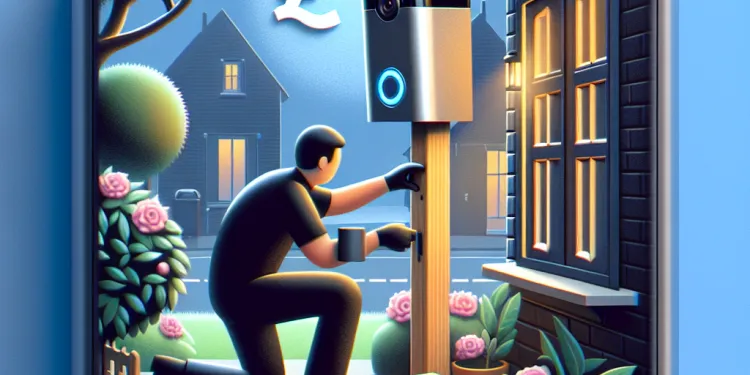
How do I install a Ring Doorbell Camera?
Relevance: 40%
Understanding the Legal Aspect
Security cameras are increasingly common across the UK, serving to protect personal property and enhance neighbourhood security. However, legal issues may arise if a neighbour’s security camera is recording your property without your consent. The UK has specific laws governing the use of security cameras to protect individuals' privacy. The Data Protection Act 2018 and the General Data Protection Regulation (GDPR) are key legislative frameworks that dictate the proper use of surveillance cameras.
Engage in a Polite Discussion
If you have concerns about your neighbour's security camera, the first step is to have a polite conversation. Present your concerns calmly, and ask if the camera can be adjusted to avoid capturing your property. Often, neighbours may not realize their camera's field of view includes your property and may be willing to make adjustments. Remember, a diplomatic approach can resolve many misunderstandings without causing tension.
Knowing Your Rights
In the UK, it is legal for individuals to install CCTV systems on their property, but they must comply with certain obligations if the camera records beyond their property line. They are required to inform people that they are being recorded, usually by displaying a sign, and must provide a clear reason for the recording. If you believe your neighbour’s camera is improperly positioned, gathering evidence and contacting local authorities or seeking legal advice might be necessary steps.
Contacting Authorities
If discussing the issue with your neighbour does not lead to a resolution, you might choose to contact the local council or the Information Commissioner's Office (ICO). The ICO can offer guidance on the legal obligations surrounding CCTV systems and may take action if there are breaches of data protection laws. Keeping a record of your interactions and any correspondence can be crucial if further action is needed.
When Legal Action is Necessary
In some cases, it may be necessary to seek legal action. This should be a last resort after attempts at negotiation and seeking guidance from authorities. Legal proceedings can be costly and time-consuming, emphasizing the importance of trying to resolve the issue amicably first. Consulting a solicitor with experience in property disputes and privacy law will provide insight into the potential outcomes and costs.
Conclusion
While security cameras can be an excellent tool for ensuring safety, they should never infringe on others' privacy. By understanding your rights, engaging in open communication, and following the proper legal channels, you can address and resolve concerns related to a neighbour’s security camera. It is essential to handle such situations delicately to maintain a good neighbourly relationship while protecting your own privacy.
Understanding the Law
Many people in the UK use security cameras to keep their homes safe. But sometimes a neighbour's camera might record your home, and you might not like that. There are UK laws to stop cameras from invading your privacy. The Data Protection Act 2018 and GDPR are important laws to know about.
Talk to Your Neighbour
If you’re worried about a neighbour’s camera, try talking to them nicely. Tell them your concerns and ask if they can move the camera. Often, neighbours do not know their camera is pointing at your house. Being polite can help solve the problem without any conflict.
Know Your Rights
In the UK, people can have cameras at home, but they must follow some rules. If the camera records outside their area, they should tell people they are being recorded with a sign. They must have a reason for recording. If you think a camera points the wrong way, collect information and you might need to talk to local officials or a lawyer.
Contact Authorities
If talking to your neighbour does not work, you can contact the local council or the Information Commissioner's Office (ICO). The ICO can help explain the rules about cameras. Keep notes and copies of letters if you need to do more.
When to Seek Legal Help
Sometimes you may need to get legal help. This should be the last option after trying to talk and asking for help from officials. Legal action can be expensive and take a long time. It is best to try solving the problem peacefully first. Talk to a lawyer who understands property and privacy rules if needed.
Conclusion
Security cameras can make people feel safe, but they should not invade privacy. By knowing your rights, talking openly, and following the right steps, you can handle issues with a neighbour’s camera. It is important to solve these issues carefully to keep good relations with neighbours while keeping your privacy safe.
Frequently Asked Questions
Useful Links
This website offers general information and is not a substitute for professional advice.
Always seek guidance from qualified professionals.
If you have any medical concerns or need urgent help, contact a healthcare professional or emergency services immediately.
Some of this content was generated with AI assistance. We’ve done our best to keep it accurate, helpful, and human-friendly.
- Ergsy carfully checks the information in the videos we provide here.
- Videos shown by Youtube after a video has completed, have NOT been reviewed by ERGSY.
- To view, click the arrow in centre of video.
- Most of the videos you find here will have subtitles and/or closed captions available.
- You may need to turn these on, and choose your preferred language.
- Go to the video you'd like to watch.
- If closed captions (CC) are available, settings will be visible on the bottom right of the video player.
- To turn on Captions, click settings .
- To turn off Captions, click settings again.
More Items From Ergsy search
-

What can I do about my neighbour's security camera?
Relevance: 100%
-

Can I ask my neighbour to reposition their security camera?
Relevance: 99%
-

What can I do about my neighbour's security camera?
Relevance: 97%
-

Is it legal for me to block the view of my neighbour's security camera?
Relevance: 97%
-

Is it legal for my neighbor to have a security camera facing my property?
Relevance: 93%
-

Can my neighbour legally point a security camera at my property?
Relevance: 93%
-

What steps can I take if my neighbour refuses to reposition their security camera?
Relevance: 93%
-

What if my neighbor claims the camera is for security but it points towards my property?
Relevance: 90%
-

How can I stop my neighbour's security camera pointing at my property?
Relevance: 90%
-

How can I disable my neighbour's security camera?
Relevance: 90%
-

What should I do first if my neighbor's security camera is pointed at my property?
Relevance: 87%
-

Can my neighbour use footage from their security camera as evidence in disputes?
Relevance: 80%
-

Do neighbours need to inform me if their cameras record my property?
Relevance: 77%
-

Are there privacy laws that protect me from neighbor's cameras?
Relevance: 77%
-

Can I block the view of my neighbor's camera with physical barriers?
Relevance: 73%
-

How can I tell if a security camera is pointing at my property?
Relevance: 72%
-

Should I contact the authorities if my neighbor refuses to adjust their camera?
Relevance: 72%
-

Can I ask for legal help to get my neighbor’s camera moved?
Relevance: 71%
-

Is redirecting a security camera a solution?
Relevance: 71%
-

How secure is the Ring Doorbell Camera system?
Relevance: 62%
-

Is my concern valid if the camera is only monitoring my driveway?
Relevance: 62%
-

What should I do if I feel my privacy is being invaded by my neighbour's CCTV?
Relevance: 56%
-

Can I install my own camera to monitor the area in question?
Relevance: 53%
-

Is it advisable to discuss camera placement before it becomes an issue?
Relevance: 50%
-

What laws apply to the use of security cameras in the UK?
Relevance: 49%
-

Are there any mediation services for resolving disputes over security cameras?
Relevance: 48%
-

Can I request footage of myself from my neighbour's CCTV?
Relevance: 45%
-

What is my neighbour required to do under GDPR?
Relevance: 45%
-

Can technology help in blocking the camera's view?
Relevance: 45%
-

What happens if my Ring Doorbell Camera is stolen?
Relevance: 44%
-

Can the police access my neighbour’s CCTV footage without consent?
Relevance: 44%
-

How do Ring Doorbell Cameras work?
Relevance: 43%
-

Is the video quality of a Ring Doorbell Camera good?
Relevance: 42%
-

What is a Ring Doorbell Camera?
Relevance: 42%
-

What kind of notifications do Ring Doorbell Cameras provide?
Relevance: 42%
-

Can I customize motion detection on my Ring Doorbell Camera?
Relevance: 41%
-

Are there grants specifically for individuals with disabilities?
Relevance: 41%
-

Is it necessary to check on neighbors during a heatwave?
Relevance: 41%
-

Is the Ring app necessary for using a Ring Doorbell Camera?
Relevance: 40%
-

How do I install a Ring Doorbell Camera?
Relevance: 40%


